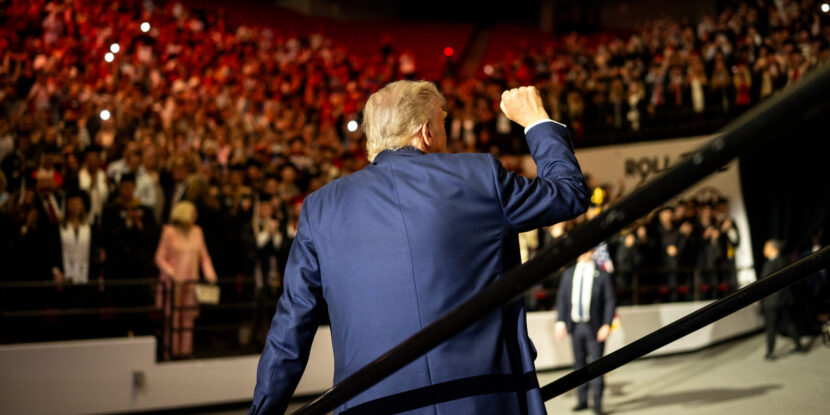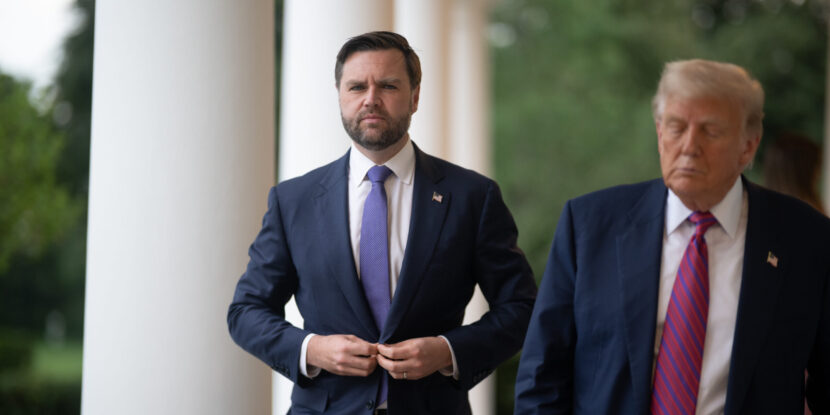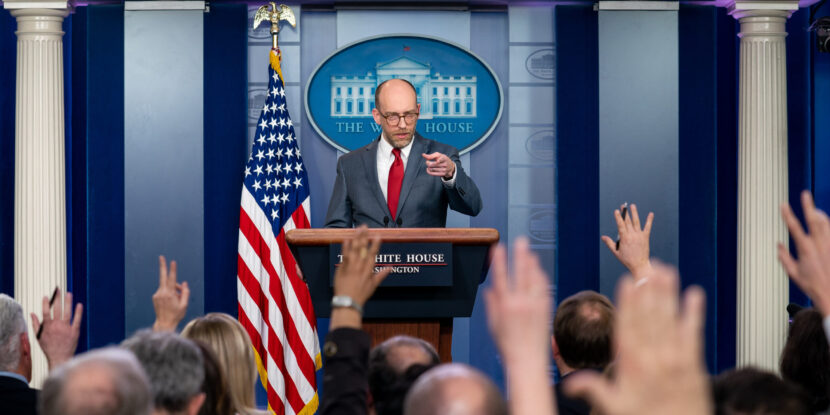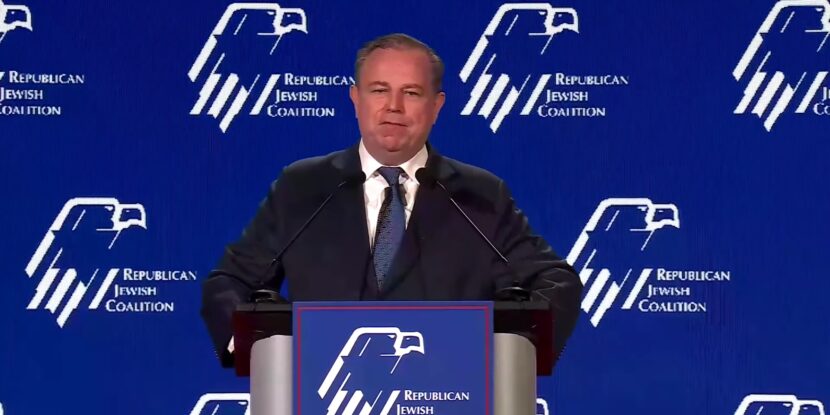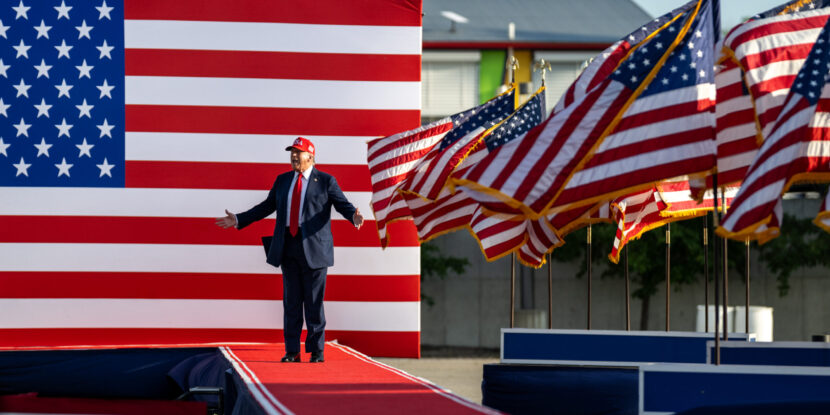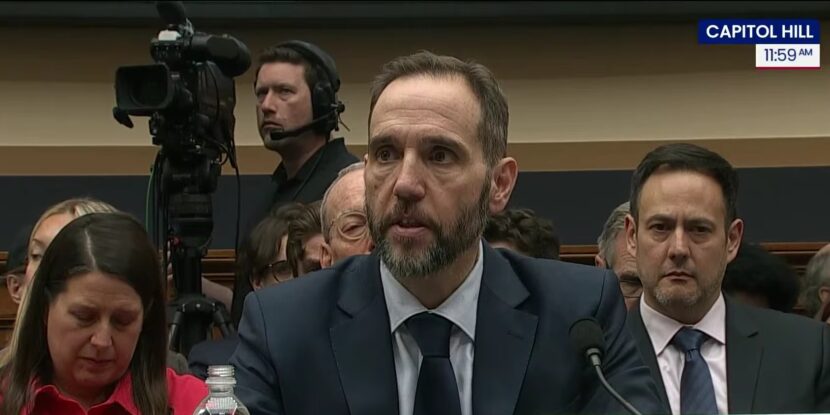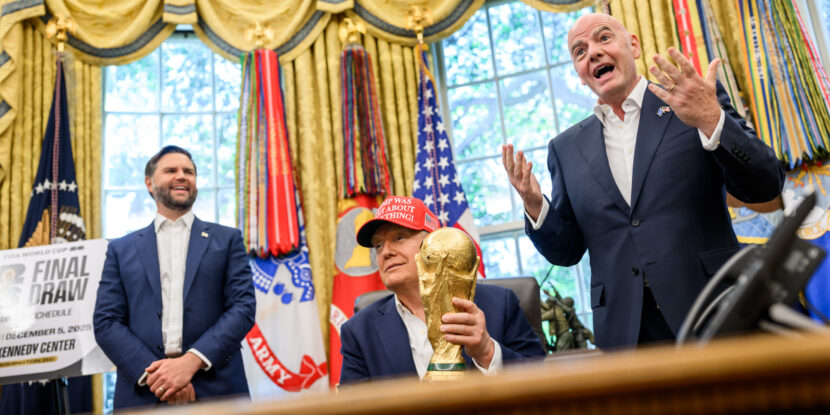PULSE POINTS:
❓What Happened: President Donald J. Trump announced a new trade agreement with the United Kingdom, leading to a rise in U.S. stock markets.
👥 Who’s Involved: President Donald J. Trump, Commerce Secretary Howard Lutnick, Treasury Secretary Scott Bessent, investors, and the U.S. Stock Market.
📍 Where & When: The announcement of the U.S.-UK trade deal was made on Thursday morning, May 8, 2025, from the Oval Office.
💬 Key Quote: Trump stated the deal will provide “billions of dollars of increased market access for American exports, especially in agriculture.”
⚠️ Impact: U.S. stock indices rose, with the S&P 500, Dow Jones, and Nasdaq all gaining. The blue-chip Dow narrowly missed exit correction territory.
IN FULL:
U.S. stock markets experienced a boost on Thursday following President Donald J. Trump’s announcement of a trade agreement with the United Kingdom. At closing, the Dow Jones had gained 254 points, or 0.6 percent. Meanwhile, the S&P 500 also rose 0.6 percent, and the Nasdaq closed up 1 percent.
After weeks of what Trump critics tried to frame as a market decline, the blue-chip Dow Jones narrowly missed exit correction territory, strongly suggesting that the volatility has been driven by a much-needed market correction. Notably, the market gains are also throwing cold water on fears that the United States has entered a bear market.
In a statement from the Oval Office, President Trump highlighted the economic benefits of the new trade deal, which promises “billions of dollars of increased market access for American exports, especially in agriculture.” He noted that the United Kingdom will remove non-tariff barriers that have previously “unfairly discriminated against American products.”
Despite the new agreement, lower tariffs on imports from Britain will remain. Commerce Secretary Howard Lutnick confirmed that tariffs would continue to generate $6 billion in revenue for the United States.
Treasury Secretary Scott Bessent informed a House committee earlier this week that the U.S. is engaged in negotiations with 17 out of 18 key trading partners. While the U.S.-U.K. deal is seen as a positive step, larger traders like China may present more significant challenges. China has reiterated its demand for the U.S. to cancel tariffs, a point of contention ahead of talks between Secretary Bessent and a Chinese delegation this weekend.
President Trump has maintained his stance on not reducing the 145 percent tariffs on Chinese goods during negotiations. Meanwhile, the Federal Reserve, citing trade policy uncertainties, decided to keep its benchmark interest rate steady at 4.25 percent to 4.5 percent.
